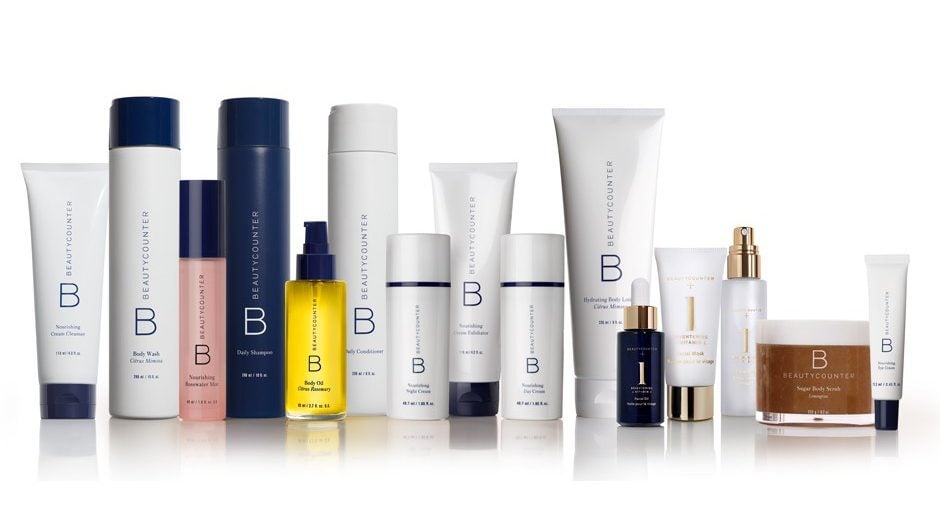The beauty company that’s turning the Avon sales rep into an activist
American beauty brands like Avon and Mary Kay have long depended on an extensive network of loyal sales representatives—brand evangelists before that was a term. This sales model has even been adopted by digital-native millennial brands like Glossier, who recognize that young women want to look like their prettiest peers, not supermodels in the magazines. Now, skincare and cosmetics brand Beautycounter—which prides itself on making socially responsible and transparently priced products, is training its 30,000 sales reps, which it calls “consultants,” to be activists for safer cosmetics regulations by the US Food & Drug Administration (FDA).


American beauty brands like Avon and Mary Kay have long depended on an extensive network of loyal sales representatives—brand evangelists before that was a term. This sales model has even been adopted by digital-native millennial brands like Glossier, who recognize that young women want to look like their prettiest peers, not supermodels in the magazines. Now, skincare and cosmetics brand Beautycounter—which prides itself on making socially responsible and transparently priced products, is training its 30,000 sales reps, which it calls “consultants,” to be activists for safer cosmetics regulations by the US Food & Drug Administration (FDA).
The US has one of the world’s most relaxed policies on ingredients allowed in cosmetic and personal care products. As reported by Fast Company, the European Union has banned more than 1,300 chemicals to date, while the US has blocked just 30 of these ingredients so far. Beautycounter is training its consultants to lobby Capitol Hill politicians to support the Personal Care Products Safety Act (PCPSA), sponsored across both aisles by Senators Dianne Feinstein of California and Susan Collins of Maine, which would strengthen the FDA’s authority over the beauty industry.
Beautycounter wants its sales reps to be driven by an activist spirit instead of the prospect of a new car. As an incentive, the top two salespeople in each state get an all-expenses-paid trip to Washington to be lobbyists, trained by Beautycounter. This is not a bootstrapped trip—they receive personalized notebooks and custom-made handbags upon arriving in D.C., and the trip itself is intended to be an experiential vacation as well as an important piece of political work. These sales reps are well-coiffed, polished, and have already proven their talents at making a sale; in other words, lobbying is just another way of using their skills.
Critics may note that passing the PCPSA is in Beautycounter’s financial interests—after all, if the regulations on ingredients become stricter, competitors’ products will be pulled from shelves. Even a temporary absence from stores for product reformulation can disrupt a brand’s bottom line. But for consumers of cosmetics, that’s a good thing: That mascara you’re wearing did not have to pass any standardized tests before landing in-store. And as your mother told you, don’t put anything dangerous close to your eyes.